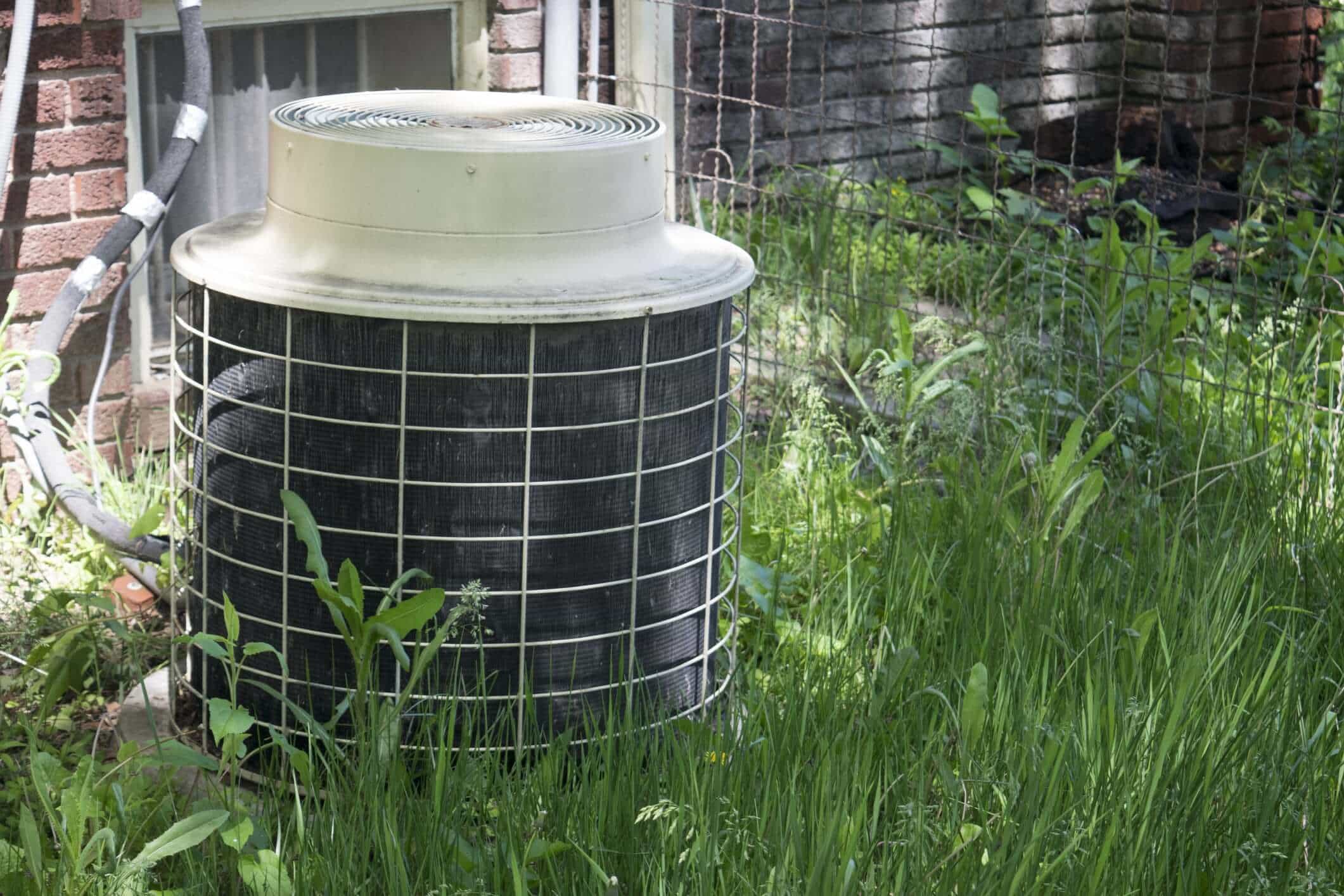
Like all mechanical systems, the HVAC system life cycle is finite. Wear and tear eventually catches up with any air conditioner or furnace and replacement is finally necessary. The good news is, today’s HVAC system life cycle is longer than ever. The combined average service life expectancy for both an air conditioner and furnace is at least 10 years.
Signs of an Aging System
As that average life cycle nears the end, you may notice:
- Increased operating costs. As time passes, an A/C or furnace may produce less cooling or heating per the amount of energy consumed. You’ll notice the higher monthly operating bills.
- Declining performance. Your home may not feel as comfortable as when the system was newer. You may have to alter thermostat settings to run an air conditioner or furnace longer to maintain the same comfort level.
- Frequent repairs. Like most mechanical equipment, parts of an HVAC system are designed to have a similar expected lifespan. Failure of certain parts may often be an advance warning that other components are also approaching the end of service life.
- Obsolete technology. Today’s new high-efficiency HVAC systems can be up to 40% more efficient than a standard system ten years old or more. As technology marches ahead, aging systems remain permanently stuck in a bygone era of higher operating costs and lower efficiency.
Repair or Replace?
Certain major component failures tip the balance and make immediate replacement of a unit the most financially viable option.
- Air conditioner compressor. This component is typically the single most expensive part in your air conditioner. If the system’s more than 10 years old, it’s usually not worth the cost of replacing it. Upgrading to a new, more efficient air conditioner is the best option.
- Furnace heat exchanger. A critical heating component, a cracked heat exchanger is a safety issue that must be resolved immediately. If the furnace is nearing the end of its expected service life, replacing the furnace is a better deal than paying for a new heat exchanger.
For more information about the life cycle of an HVAC system, ask the professionals at Jackson & Sons.